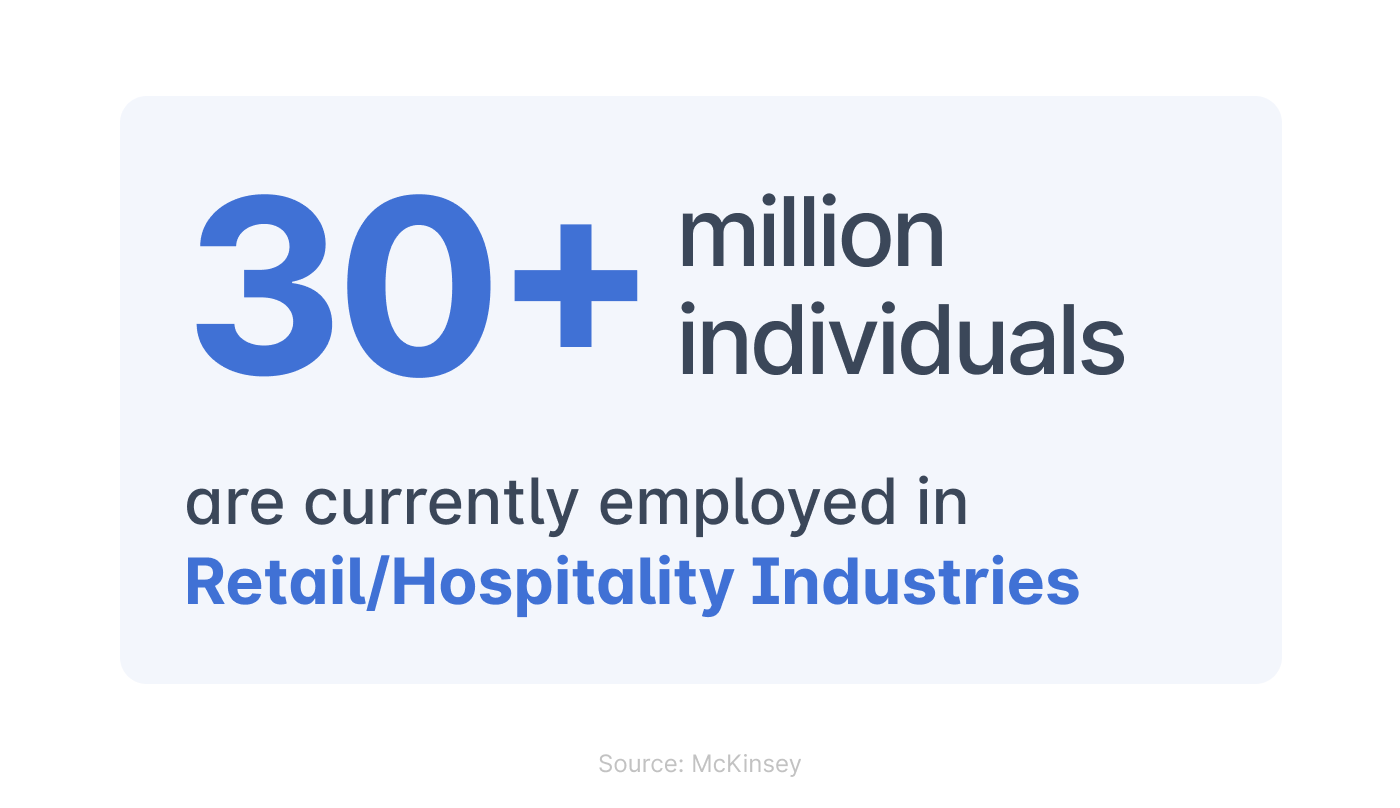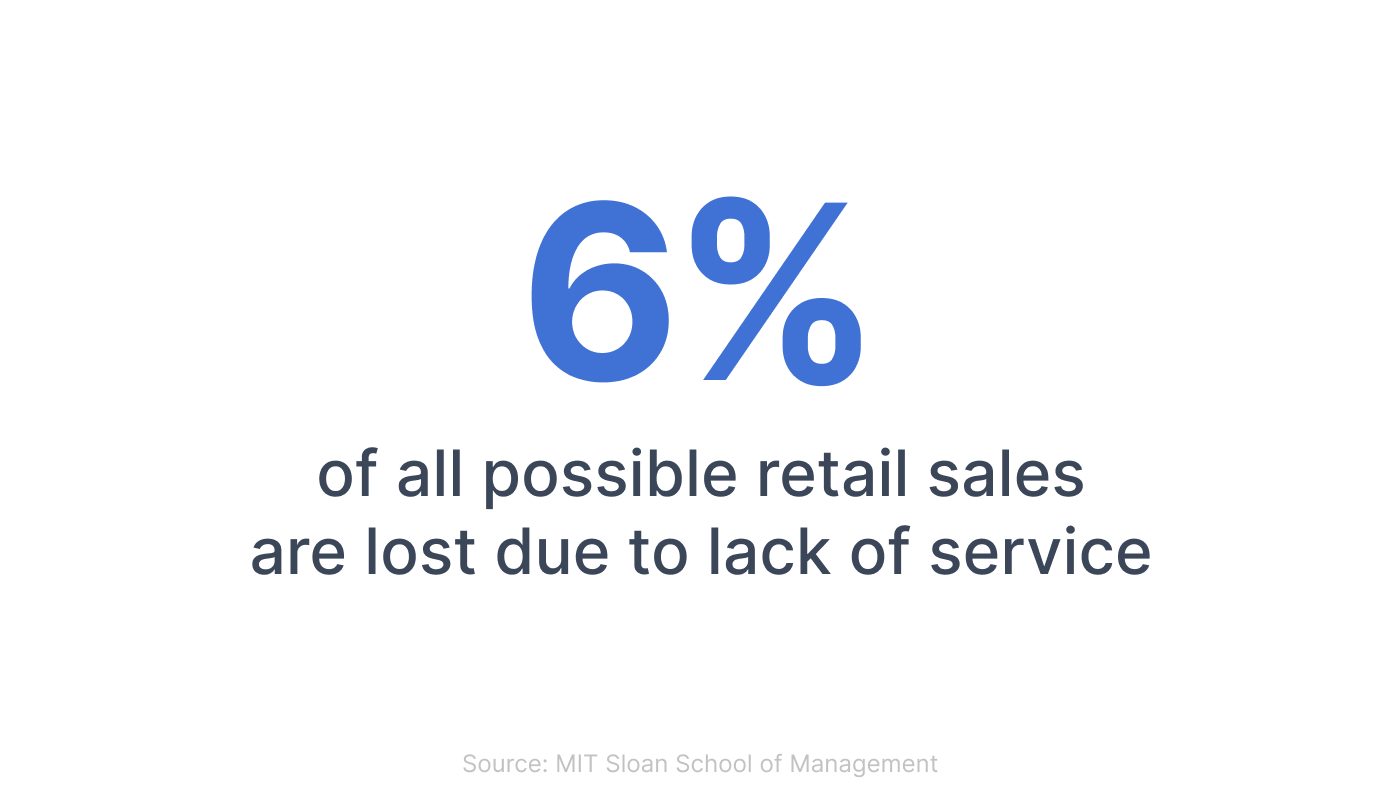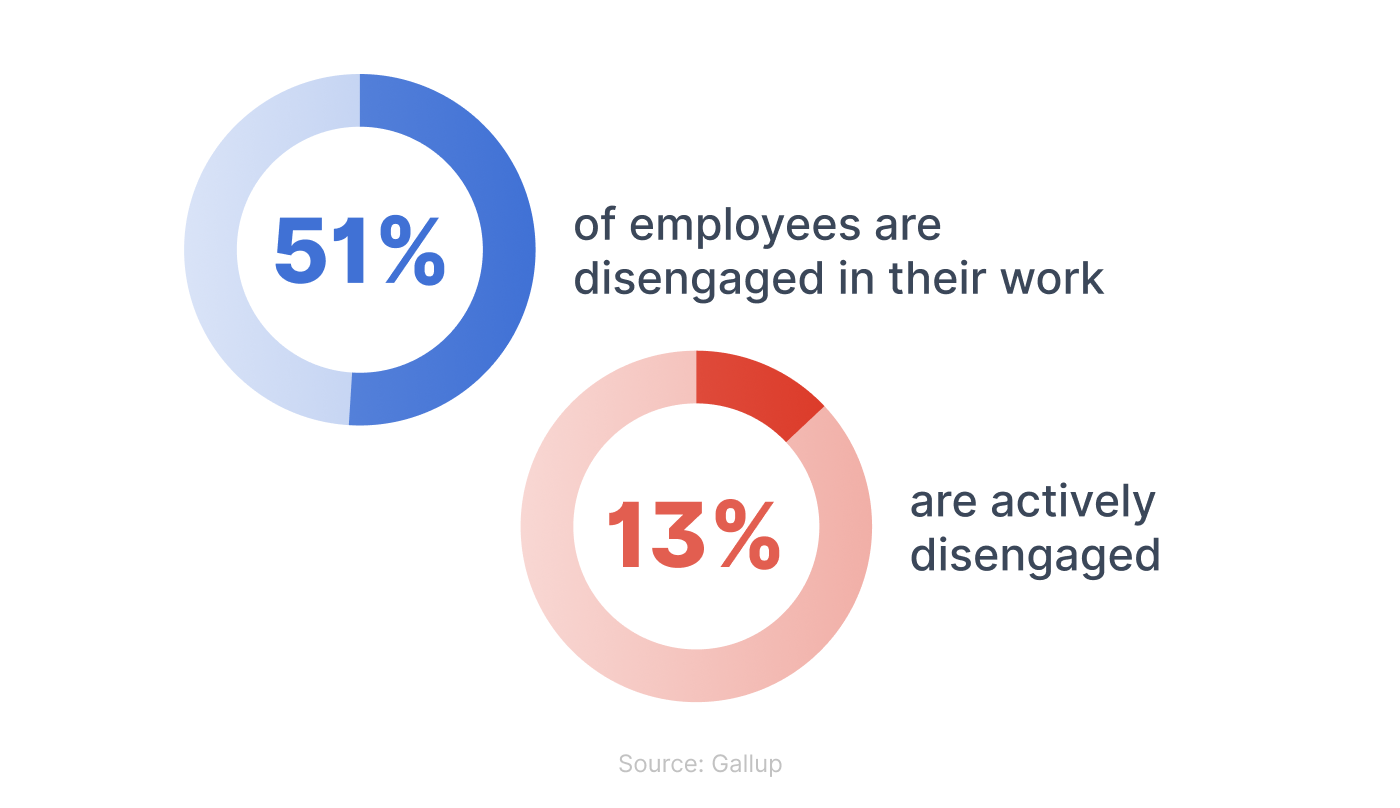Unlocking Direct Selling Growth: Tech + Strategic Enablement
Digital Transformation of the Sales Floor: Frontline Enablement & the Future of Retail
The retail industry is at a crossroads. Though the shift to eCommerce represents a threat to traditional retail, innovators like RBS have been strategizing on ways to convert this obstacle into an opportunity for development, growth, and increased retail employee engagement. On the other hand, retail has been buffeted by forces outside of its control, such as ongoing supply chain disruptions and inflation.
This is all complicated by the fact that retail is enormous. According to McKinsey’s analyst experts, the retail and hospitality industries employ one out of every five American workers, comprising more than 30 million individuals.

What Challenges Do Retailers Face in 2024 and Beyond?
Retailers are likely to face a number of challenges in 2024 and beyond. Retail employee management will have to keep pace. Some of the key challenges are:
- Increasing competition: Retailers will continue to face intense competition from both online and offline channels. To remain competitive, retailers will need to focus on providing a unique customer experience that differentiates them from their competitors. Margins are also shrinking.
- Changing consumer behavior: Consumer behavior is constantly evolving, and retailers will need to adapt to new trends and preferences. This may include offering more personalized experiences, leveraging social media and other digital platforms, and providing more sustainable and ethical products.
- Rising costs: Retailers may face increasing costs for labor, rent, and materials. This can put pressure on profit margins and require retailers to find ways to reduce costs and operate more efficiently.
- Supply chain disruptions: The COVID-19 pandemic highlighted the vulnerability of global supply chains, and retailers may continue to face disruptions in the future due to factors such as natural disasters, geopolitical tensions, or pandemics. Labor strife can also cause such disruptions, as in California.
- Technology advancements: Advancements in technology such as artificial intelligence, machine learning, and augmented reality will continue to shape the retail landscape. They will even affect the associate workforce, automating and facilitating their daily tasks. Retailers will need to stay up-to-date with these technologies and find ways to integrate them into their operations to improve efficiency, promote productivity, and enhance the customer experience.
Overall, retailers will need to be agile, innovative, and customer-focused to overcome these challenges and succeed in 2024 and the years ahead.
Rethinking the Retail Workforce
Clearly, any solution that will help retailers chart a profitable path forward will involve this large and significant workforce. After all, the workforce faces consumers directly. You might be able to have self-checkout lanes at grocery stores and pharmacies, but one of the key advantages of retail over eCommerce, and one of the factors that keep foot traffic steady, is the “human touch.” This is particularly true in high-touch environments like makeup, beauty, and clothing. As an MIT Sloan School of Management report makes clear, 6% of all possible retail sales are lost because of a lack of service.

Meanwhile, while many corporate retailers have digitalized their internal operations, as well as the customer experience – think of companies that use AWS to host data, or that have digital terminals for in-store checkout – few have looked to digitalization to help their actual, on-the-ground workforce.
This moment in time requires a serious rethink regarding digital transformation and how we enable the retail workforce – and their stores and companies – for success on the sales floor. Particularly at a time when, as Forbes writes, “the great resignation should be retailers’ biggest worry,” finding inventive new ways of not only retaining but transforming staff should be paramount.
Digital Transformation and Retail Employee Motivation
This is where digital transformation for the sales floor comes in. New technology has emerged which digitalizes the employee experience for retail, helping the associate salesforce stay knowledgeable, engaged, and incentivized to deliver better service and sales results. Digital technology has a lot of untapped potential in terms of what it can unlock in retail employee engagement – let’s dive into that now.
Let’s say you have a retail employee, Angela, working at a beauty and makeup store. Angela has been an employee for six months and is often not incentivized to make sales or provide solid customer service. After all, she’ll still get paid whether or not she makes a sale, and if she’s let go then she can get a job somewhere else. So why go above and beyond?
Her employer should consider the potential of digital technology to solve this problem. Angela isn’t necessarily wrong: she’s rationally assessing the situation that she’s in. But her employer needs to meet her where she is.
Imagine that she has performance enablement technology like Rallyware available as an app in the palm of her hand (i.e., on her mobile device). This technology can show her items such as:
- Product information
- Incentive programs from her employer
- Promotional programs from merchandisers/suppliers/manufacturers
- Visualizations of her goal-based progress
- Rewards and recognition for her work
Of course, the question that will arise is – when will she have time to reference a mobile app while on the sales floor? After all, she has to be aware and engaged in what’s happening in front of her in order to be effective in her role.
The answer is complicated – retailers have to reconsider the role that mobile technology plays in their business. Because mobile devices are such an important part of our daily lives, associates are obviously going to use them while on the job. And if they can be persuaded to use primarily their productivity and performance app while at work – during slow moments; during pre-scheduled 15-minute “app breaks” – then it can actually pay dividends for the business.
Rethinking the Role of Mobile Technology in Retail Employee Management
According to Gallup, 51% of employees are disengaged in their work, while 13% are actively disengaged.

With record number of retail workers quitting in 2023, such disengagement clearly has consequences. It is entirely possible that retailers must come up with new methods to engage employees in their job. We’re suggesting that the use of the digital transformation to stimulate productivity, performance, and retail employee motivation might be a path toward that. Without getting too deep into the weeds, phone usage stimulates short-term, dopamine-driven feedback loops in the brain – in a way that has in some cases damaged social interactions (social media), but that in other cases can improve the way we interact by rewarding our real-world interactions.
This is the case with platforms like Rallyware, which use those dopamine-driven feedback loops to stimulate and reward positive workplace behaviors. For retailers, this might look different from, say, direct selling companies – though retailers are increasingly mirroring the business models of direct selling and the gig economy, even if these innovations might be slowing somewhat. Because the direct-to-consumer model is voluntary and independent, direct selling companies can stimulate productivity and performance in workers’ off time. The same is not true for retail.
And so, as mentioned, retailers will have to get creative with new ways to generate retail employee motivation. For example, they might offer incentives for time spent on the app outside of work – gift cards, even cash. They might allow associates to use mobile devices on the sales floor if they’re using their company performance enablement app, such as Rallyware, and there are no customers they’re currently facing.
These are only a couple strategies – certainly there are many more, and you can work with the Customer Success team at your technology provider if you’d like to think about more future-facing strategies for confronting the challenges of the present, rather than avoiding them.
Ready to give the retail workforce an app that drives higher sales performance? Request your demonstration today and digitally transform the workforce before your competitors do.
News and Insights on Workforce Training & Engagement
We’re among top-notch eLearning and business engagement platforms recognized for effective training and talent development, helping to empower distributed workforces
Subscribe
